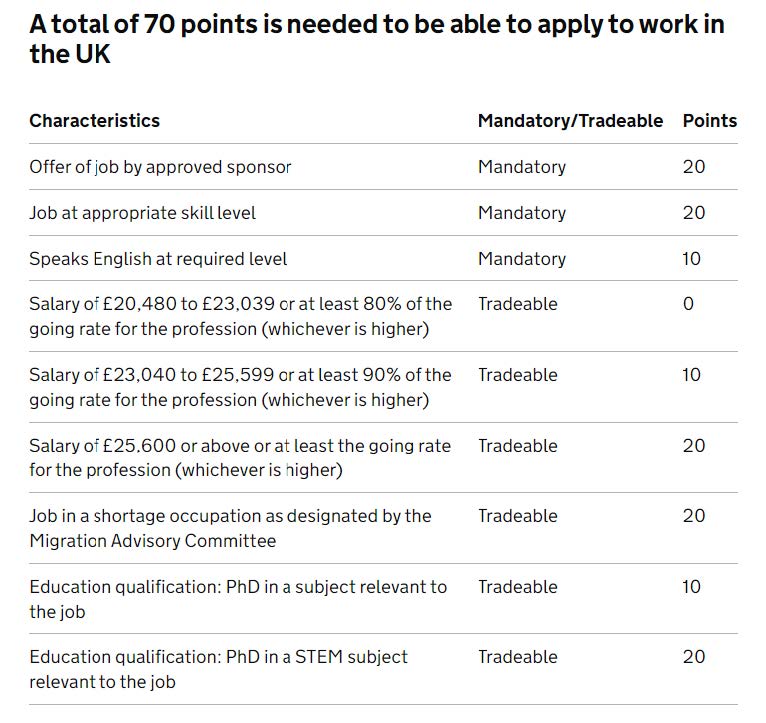Welcome to the Allied Health page of BKMA
In this page we aim to provide you a brief introduction to allied health, give you an overview of different allied health specialties.
What is Allied Health?
Allied Health is a term used to describe the broad range of healthcare professionals who are not doctors, dentists or nurses but still deliver quality care to patients and clients across a wide range of pathways and in a variety of settings. The role of allied health professionals has been promoted as a key component of developing a flexible health workforce. Together with a range of technical and support staff, they may deliver direct patient care, rehabilitation, treatment, diagnostics and health improvement, interventions to restore and maintain optimal, physical, sensory, psychological, cognitive and social functions.
Mission
To promote and encourage allied health specialties to work and collaborate with different healthcare stakeholders, with an aim to improve the patient care. To facilitate and support growth and development of allied health specialists from Kashmir through Continuing Medical Education (CME), research and development programs, provide the qualification guidance and assist and support with various registration processes required to practise for the benefit of patients both nationally and abroad.
Vision
Be the prime allied health CME, seminar, and training conductor in Kashmir, increase the awareness of allied health specialties, its importance and role in a healthcare setup. Help setting up an allied health university/campus in Kashmir to the international standards.
Allied Health Specialties
Some of the common Allied Health Specialties include:
1) Physiotherapists.
2) Pharmacists.
3) Radiographers / Radiation Therapist / Medical Dosimetrist / Sonographers.
4) Clinical / Medical / Lab Technologists.
5) Clinical / Bio-Medical Scientists / Medical Physicists.
6) Dieticians / Nutritionists.
7) Occupational Therapists.
8) Operating Department Practitioners.
9) Clinical Psychologists.
10) Social Workers.
Other lesser known but equally important Allied Health Specialties include:
1) Anaesthesia Technicians / Surgical Technologists.
2) Art Therapists / Art Psychotherapists.
3) Audiologists.
4) Autotransfusionists.
5) Cardiovascular Technologists / Perfusionists.
6) Clinical Neurophysiologists.
7) Dental Assistants / Dental Hygienists / Dental Therapists / Clinical Dental Technicians.
8) Electrocardiogram Technicians.
9) Emergency Medical Technicians.
10) Endoscopy Technicians.
11) Exercise Physiologists.
12) Medical Assistants / Medical Coders / Medical Interpreters / Medical Scribes / Medical Transcriptionists.
13) Midwifes.
14) Music Therapists.
15) Orthoptists.
16) Orthotists / Prosthetists.
17) Optometrists / Opticians.
18) Paramedics.
19) Pedorthists.
20) Phlebotomists.
21) Recreational Therapists.
22) Rehabilitation Technicians / Counselors.
23) Renal Dialysis Technologists.
24) Respiratory Therapists.
25) Speech and Language Pathologists.
Depending on the country and local health care systems, allied health professions are regulated with a basic degree qualification and a regulatory body registration. The precise titles, roles and requisites of allied health professionals may vary considerably from country to country.
International / UK Registration
Most of the allied health professions are on skill shortage lists in various countries like the Middle East, Australia, Canada, US, and UK. Having a degree in these subjects from India (including Kashmir) there are good chances of getting registered and finding a role through which you can practise and benefit patients in these countries. Detailed information is mentioned below.
Guidelines for Registration and securing a job in UK in Allied Health
“One important key to success is self confidence. An important key to self confidence is preparation. Everything else is beyond our control.”
1) Google is the best guide; start looking for jobs and registration in your specialty and read about it. Make sure you have a degree from a recognized University and some Local/National Experience. Experience from Gulf/Middle Eastern Countries will give you an edge.
2) Some of the regulatory bodies of the allied health specialties in the UK are mentioned below. You will find a lot of information about your specialty and there are separate instructions for international applicants.
- HCPC: Health & Care Professions Council https://www.hcpc-uk.org
- AHCS: Academy for Healthcare Science https://www.ahcs.ac.uk/.
- RCT: The Register of Clinical Technologists https://therct.org.uk/
- Professional Standards Authority for Health and Social Care https://www.professionalstandards.org.uk/
- GPC: General Pharmaceutical Council https://www.pharmacyregulation.org/
3) Having an English language assessment test (IELTS or equivalent) or equivalence certificate is mandatory. http://“https://www.gov.uk/guidance/prove-your-english-language-abilities-witha- secure-english-language-test-selt”
4) Apply for equivalence of your qualification and language. You will be provided equivalence as per the British standards. https://ecctis.com/Qualifications/VAN/Default.aspx.
5) Start applying for jobs online, in parallel to getting other documents/certificates mentioned above. The main job provider in Allied Health in the UK is the NHS. Get registered on their job portal website https://www.jobs.nhs.uk/xi/register/ and start looking for your desired job. Check the job specification and guidelines for International Applicants. If you think you fit the criteria, do apply and don’t be surprised if you are shortlisted for the interview. Please note interview doesn’t guarantee a job but is a good starting and learning point.
6) There are lot of private companies and hospitals that offer jobs with decent salaries and benefits to good and experienced candidates. Look out for companies that offer jobs in your specialty and apply as per their criteria.
7) There are many recruitment companies that are tasked to hire the best candidate for the specific role, both at local and international levels. You will find such companies online. Don’t hesitate to email them your CV and ask for their feedback. Also, if you are active on social media like LinkedIn and Twitter, do look for your specialty registration body/ related jobs/ mentors and start communicating.
8) The UK uses a points-based system when deciding on a visa application.
“Always remember, you are braver than you believe, stronger than you seem and smarter than you think.”

